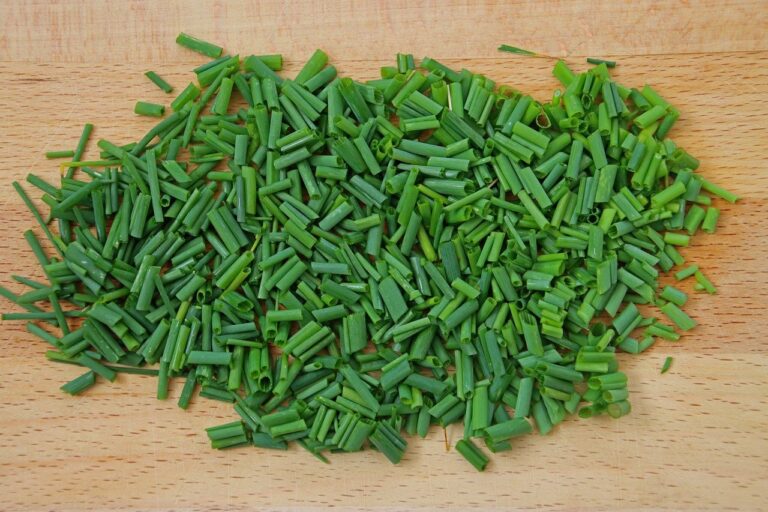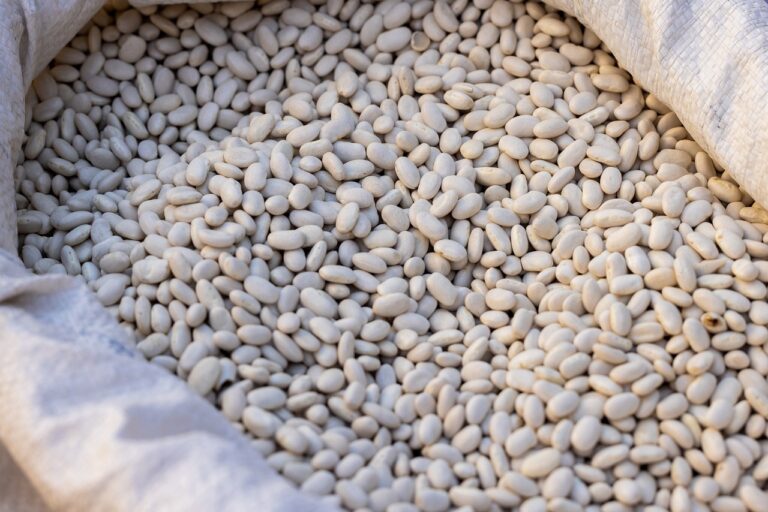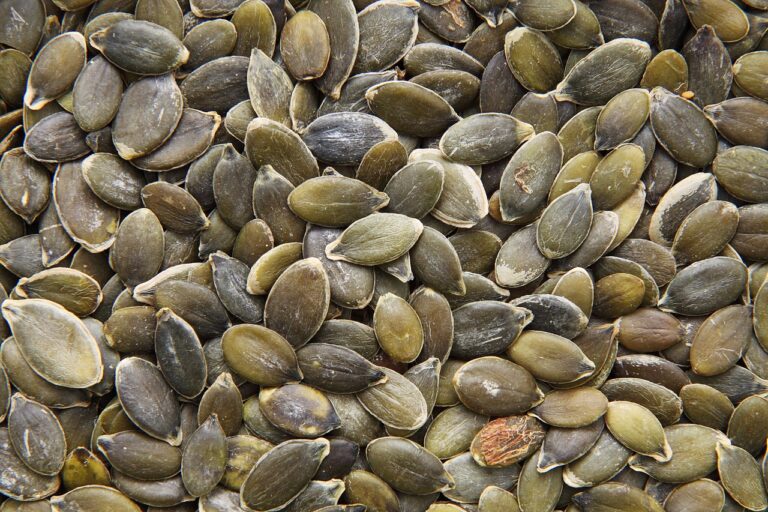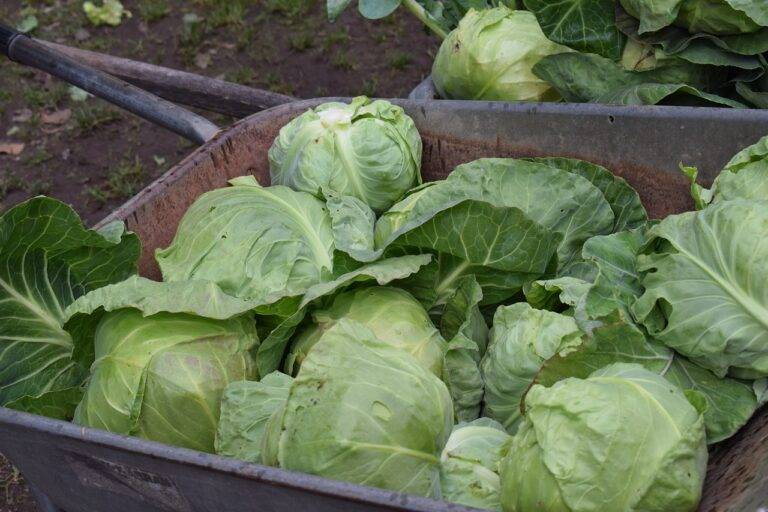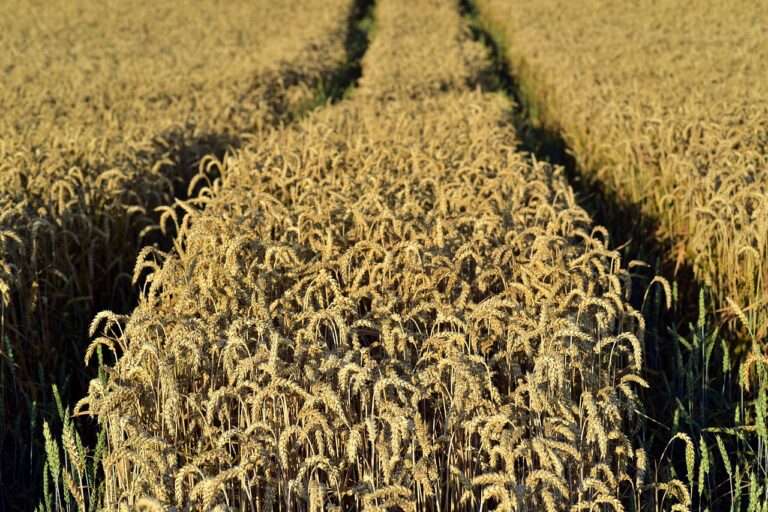Exploring the Role of Meat Processing in Sustainable Agriculture: 11x play online, Reddy bet, Golden777
11x play online, reddy bet, golden777: As we continue to witness the consequences of climate change and environmental degradation, sustainable agriculture has become a critical focus for farmers, policymakers, and consumers alike. One aspect of agricultural production that often gets overlooked in discussions about sustainability is meat processing. However, the meat processing industry plays a significant role in shaping the environmental impact of livestock farming and overall agricultural sustainability.
In this article, we will explore the role of meat processing in sustainable agriculture, highlighting the challenges and opportunities it presents for promoting more environmentally friendly farming practices.
**The Impact of Meat Processing on Sustainable Agriculture**
Meat processing is a crucial step in the agricultural supply chain, where livestock are slaughtered, processed, and packaged for distribution to consumers. The way in which meat is processed can have a significant impact on its environmental footprint and overall sustainability.
**Addressing Food Waste**
One of the key challenges in meat processing is addressing food waste. According to the Food and Agriculture Organization of the United Nations, approximately one-third of all food produced for human consumption is lost or wasted each year. In meat processing, this waste can occur at various stages, including during slaughter, processing, packaging, and distribution.
**Reducing Emissions**
Meat processing facilities are known for their high energy consumption and greenhouse gas emissions. By implementing energy-efficient technologies, such as solar panels and energy-efficient equipment, meat processing plants can reduce their carbon footprint and contribute to a more sustainable agricultural system.
**Improving Water Management**
Water is a precious resource in agriculture, and meat processing requires a significant amount of water for cleaning, sanitizing, and processing meat products. By implementing water-saving technologies and practices, such as water recycling systems and rainwater harvesting, meat processing facilities can reduce their water usage and minimize their environmental impact.
**Promoting Animal Welfare**
In addition to the environmental impact of meat processing, there are also ethical considerations related to animal welfare. In order to promote sustainable agriculture, meat processing facilities must prioritize the humane treatment of animals throughout the production process.
**Supporting Local Farmers**
Small-scale and local meat processing facilities play a crucial role in supporting local farmers and promoting sustainable agriculture. By sourcing meat from local farms and processing it in nearby facilities, consumers can reduce their carbon footprint and support the local economy.
**Building a Sustainable Supply Chain**
Ultimately, the key to promoting sustainable agriculture through meat processing lies in building a more sustainable supply chain. This includes working with farmers to implement regenerative agricultural practices, investing in energy-efficient technologies, and prioritizing animal welfare throughout the production process.
**FAQs**
1. What is the role of meat processing in sustainable agriculture?
Meat processing plays a crucial role in shaping the environmental impact of livestock farming and overall agricultural sustainability.
2. How can meat processing facilities reduce their environmental footprint?
Meat processing facilities can reduce their environmental footprint by implementing energy-efficient technologies, improving water management, and promoting animal welfare.
3. Why is food waste a significant challenge in meat processing?
Food waste is a significant challenge in meat processing due to losses at various stages of production, including slaughter, processing, packaging, and distribution.
In conclusion, meat processing has a vital role to play in promoting sustainable agriculture. By addressing food waste, reducing emissions, improving water management, promoting animal welfare, supporting local farmers, and building a sustainable supply chain, meat processing facilities can contribute to a more environmentally friendly and sustainable agricultural system. It is essential for all stakeholders in the meat processing industry to prioritize sustainability and work together towards a more sustainable future for agriculture.


